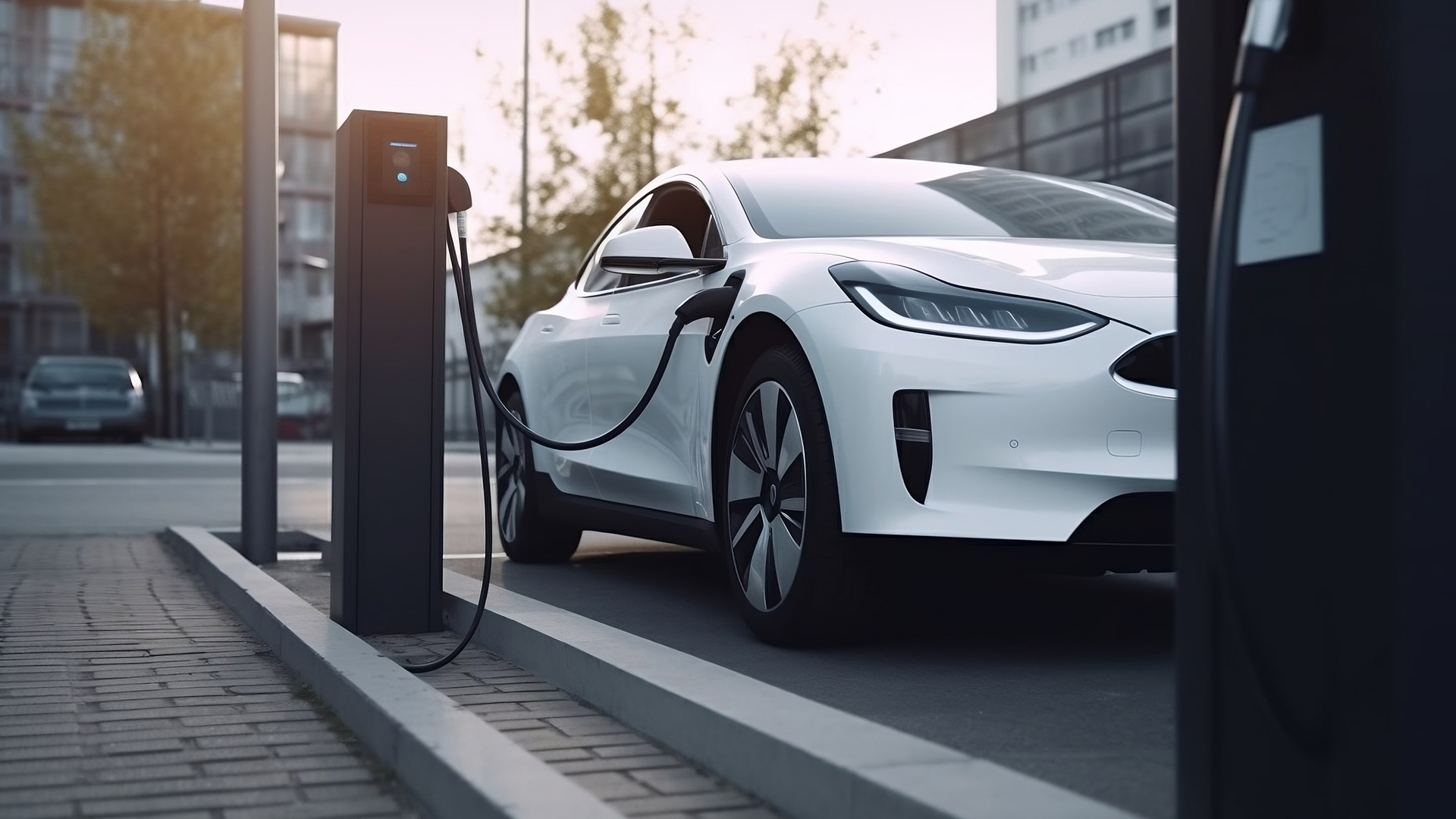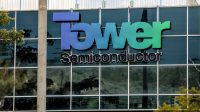In the dynamic arena of EV charging, fierce competition for prime locations is unfolding between European and U.S. companies. This battle for strategic spots is escalating with the entry of more significant investors, drawn by the imminent bans on fossil fuel-powered cars in various countries.
Investor Appetite in the EV Charging Sector
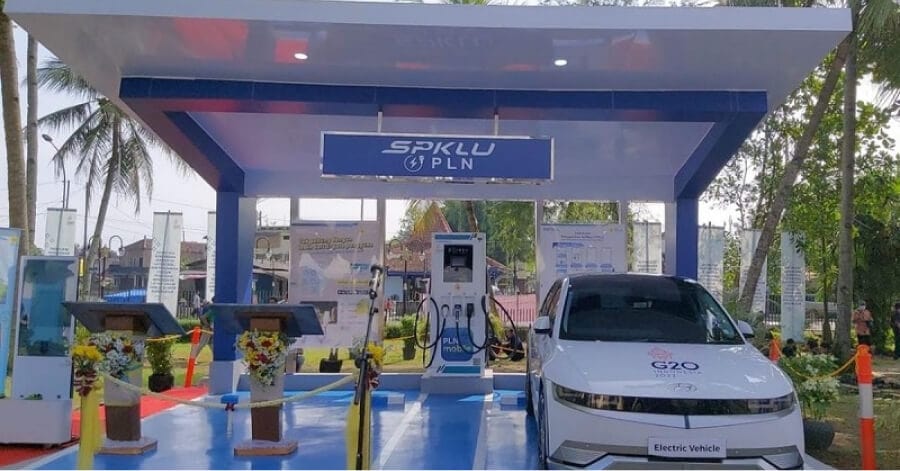
EV charging firms, backed by enduring investors, anticipate numerous launches, given the sector’s growing allure to infrastructure investors such as M&G’s Infracapital and Sweden’s EQT due to the global shift toward sustainable transportation.
Over 900 EV charging companies have attracted over $12 billion in venture capital funding since 2012. The anticipated consolidation, propelled by major investors, is poised to reshape the fast-charging landscape significantly.
Major corporations like Volkswagen, BP, and E.ON have made substantial investments in the industry, resulting in 85 acquisitions since 2017. The UK boasts over 30 fast-charger operators, with recent additions like Australia’s Jolt and Canada’s OPTrust-backed Zapgo.
U.S. Market Dynamics and Tesla Dominance
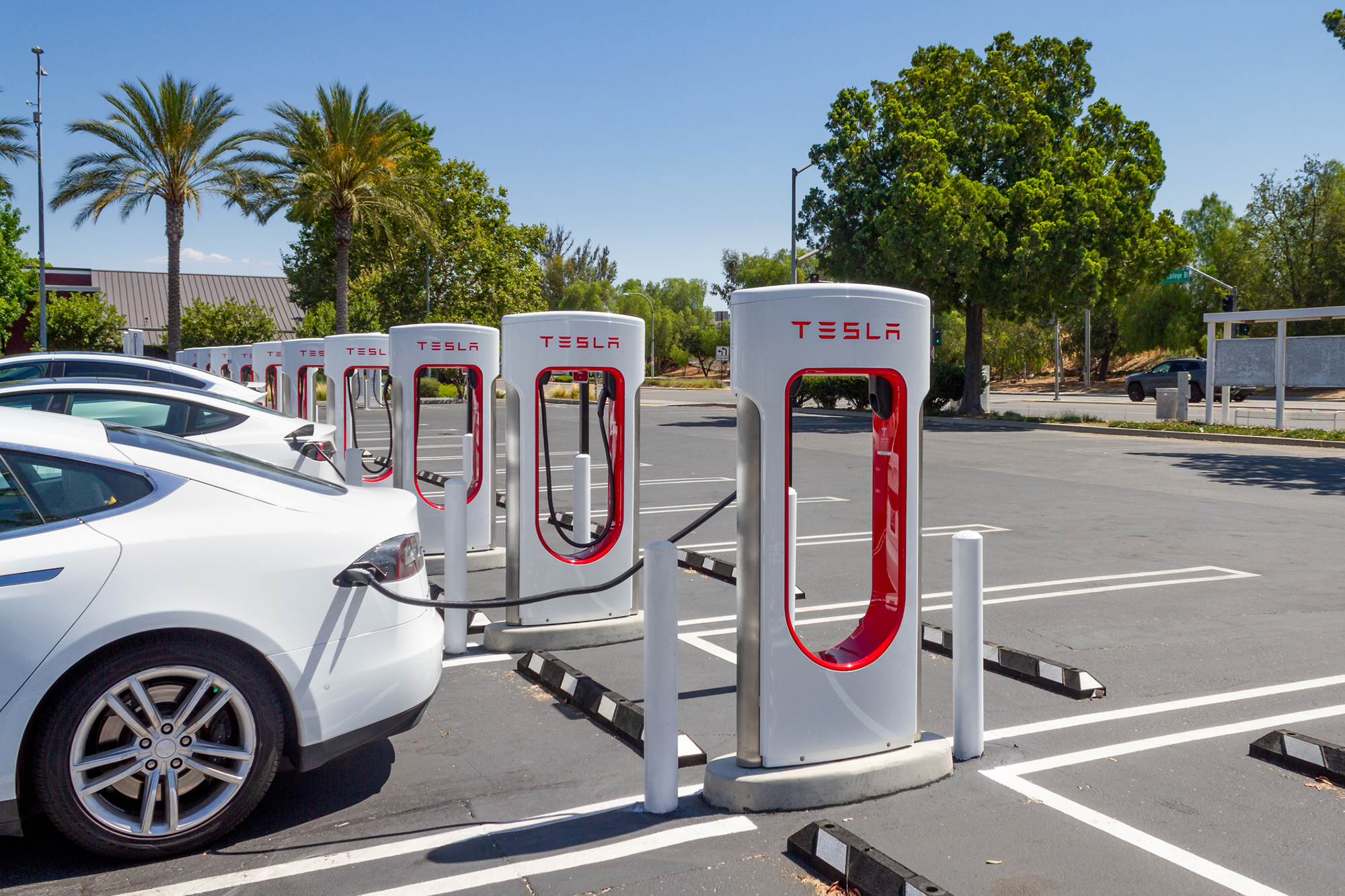
In the U.S., Tesla stands as the market leader, but the entry of more convenience stores and fuel stations into the competition is imminent. Predictions suggest that the number of U.S. fast-charging networks will more than double from 25 in 2022 to 54 by 2030.
The profitability of EV charging stations hinges on securing optimal locations, with a four-year timeline for stations to become profitable once utilization reaches around 15%. Charger companies grapple with regulatory hurdles in Europe, impeding their expansion efforts. Nonetheless, the sector remains attractive to long-term infrastructure investors.
As the race for prime locations intensifies, operators face challenges in securing exclusive contracts with hosts, adding an extra layer of competition. Winning partnerships with established brands, like McDonald’s, becomes crucial for companies such as InstaVolt.
Market Dynamics and Multiple Operators
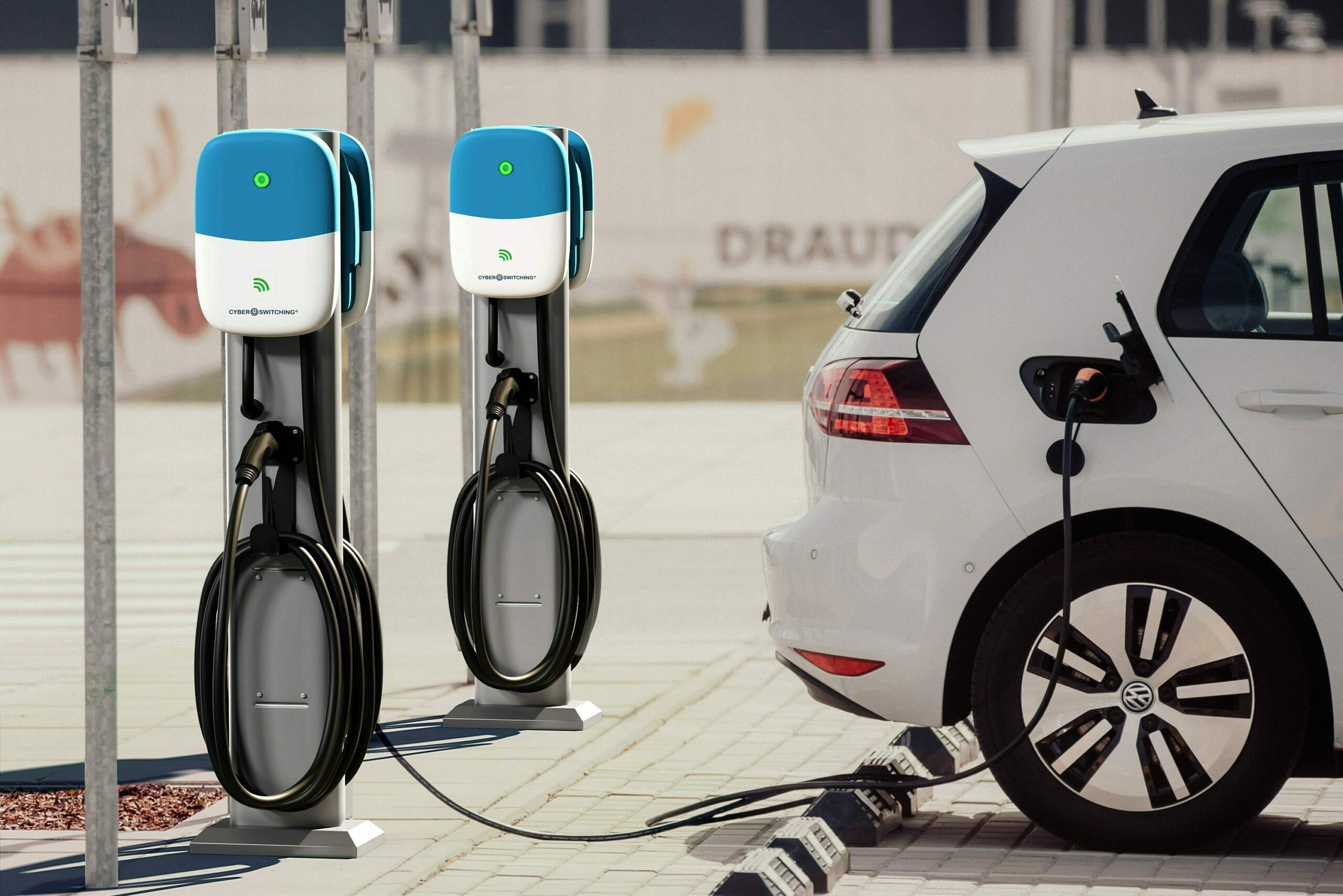
Despite the expected consolidation, the market is projected to accommodate multiple operators, especially in countries like Norway, where short-term over-deployment has led to a surge in charging stations. However, smaller companies may encounter challenges in meeting customer demands, potentially leading to exits or acquisitions.
New entrants, like Zapgo in the UK, backed by OPTrust, strategically target underserved regions, offering landlords a share of charging revenue to secure favorable locations. The dynamics of consolidation are expected to revolve around financial strength, with deeper-pocketed funders likely to play a pivotal role.
In the U.S. market, the landscape is set to shift as major players such as Circle K, Pilot Company, and Walmart make substantial investments in charging stations. The industry, initiated by startups, is poised for transformation as larger entities enter the fray, shaping a distinct corporate landscape by the end of the decade.
Read More (EV)

